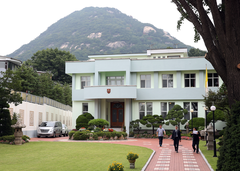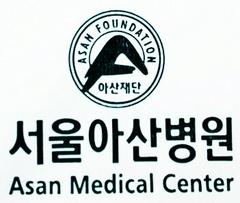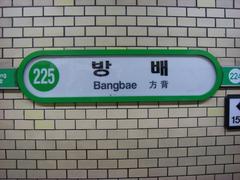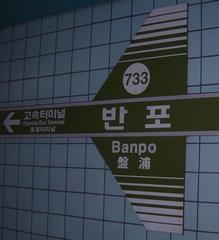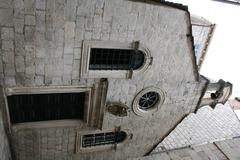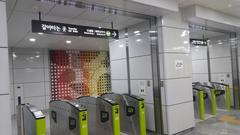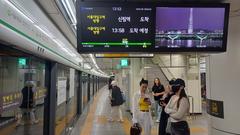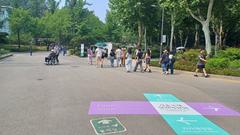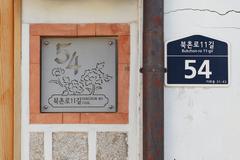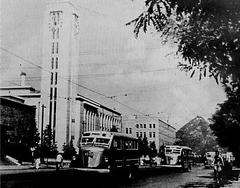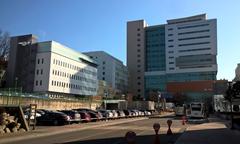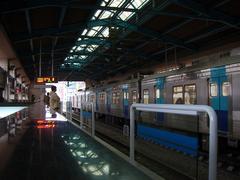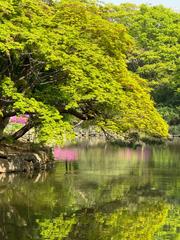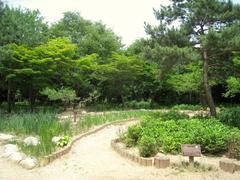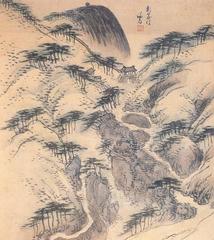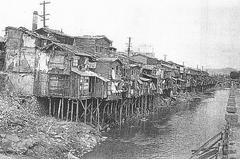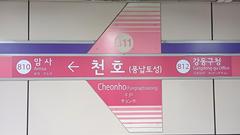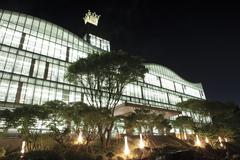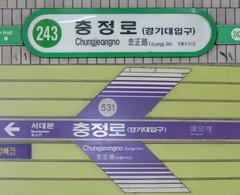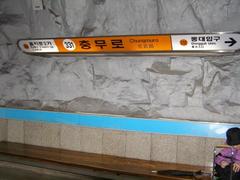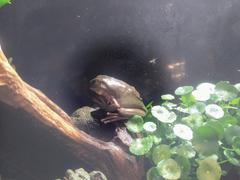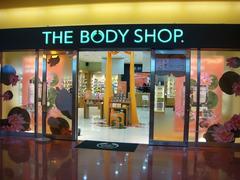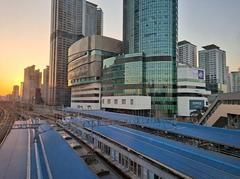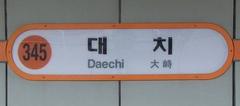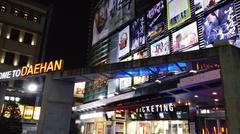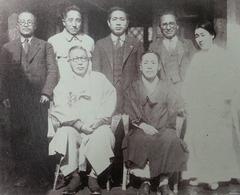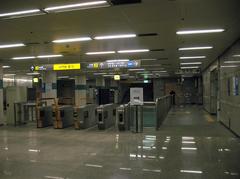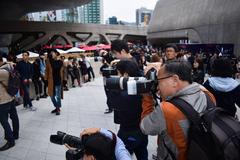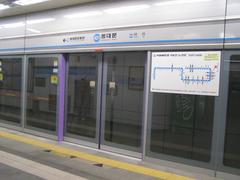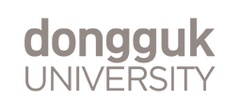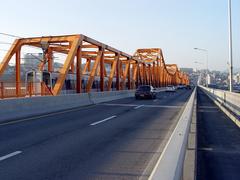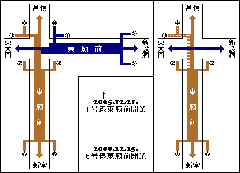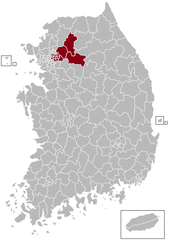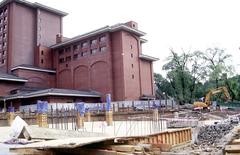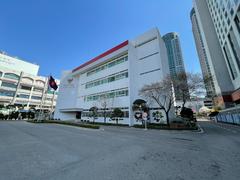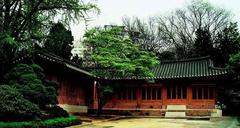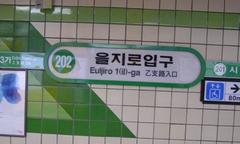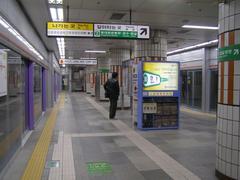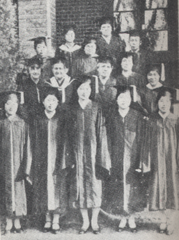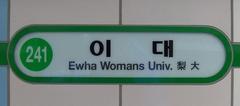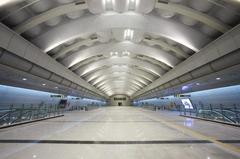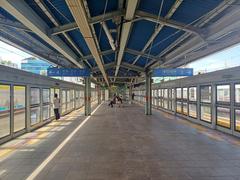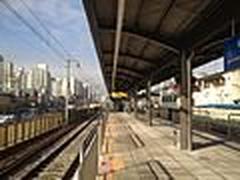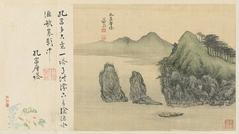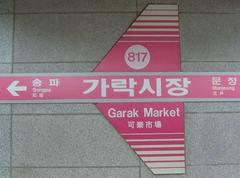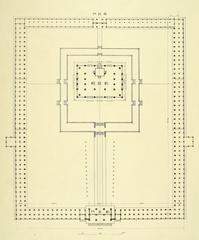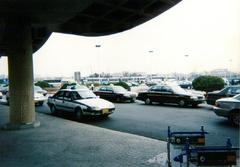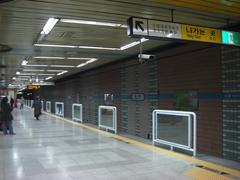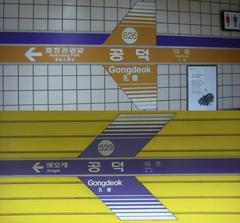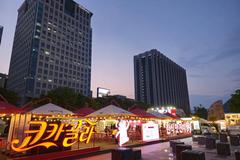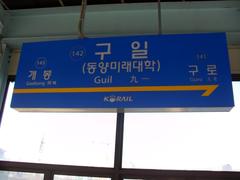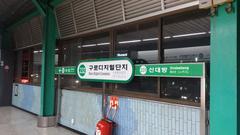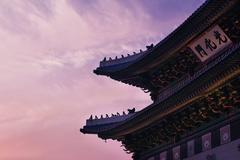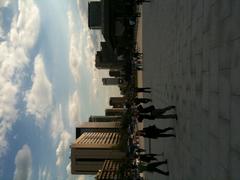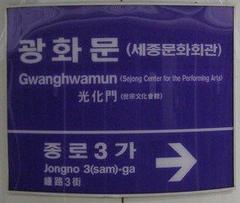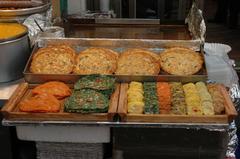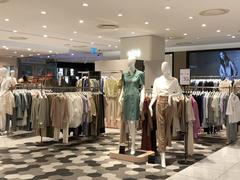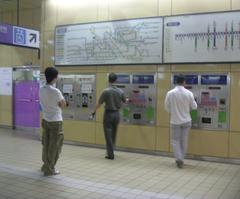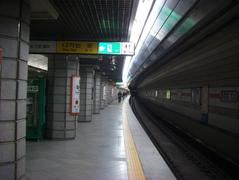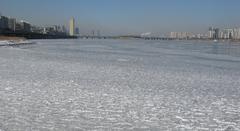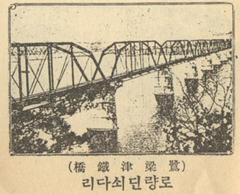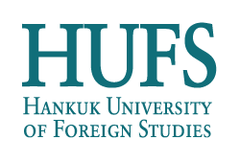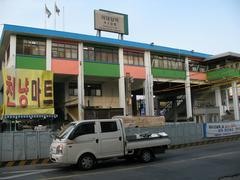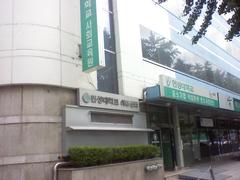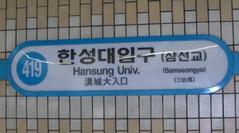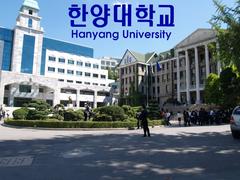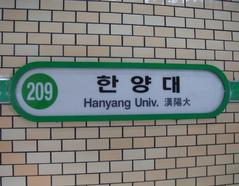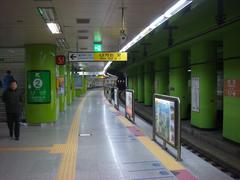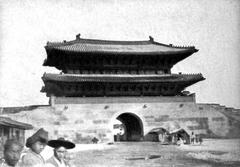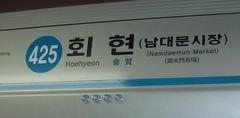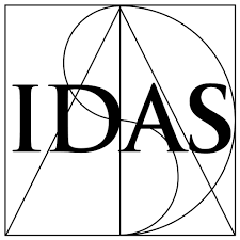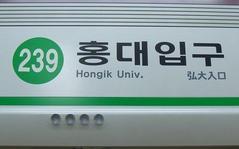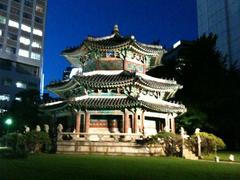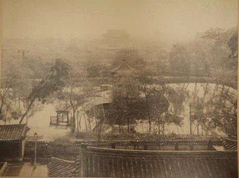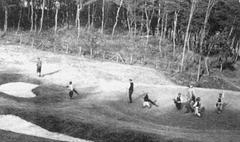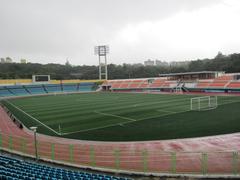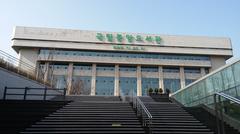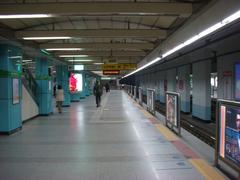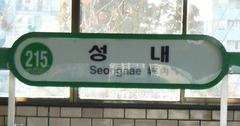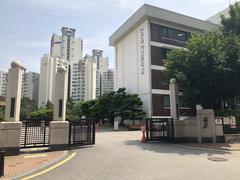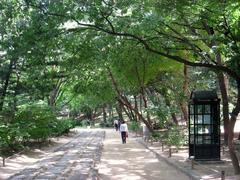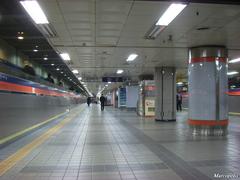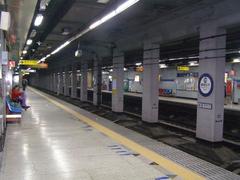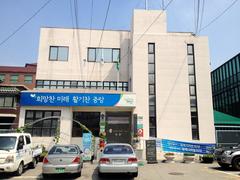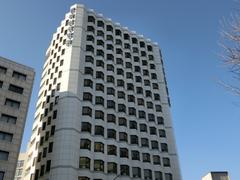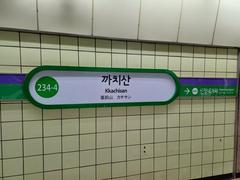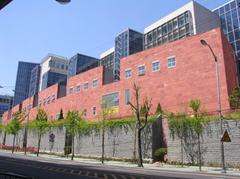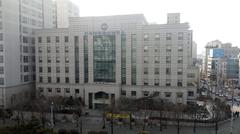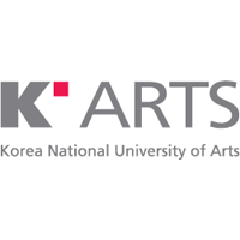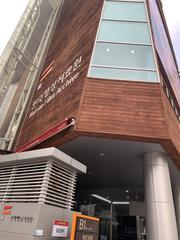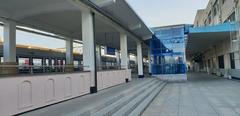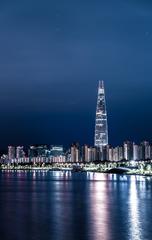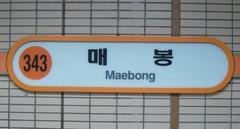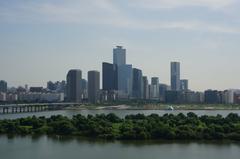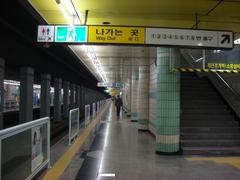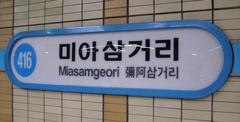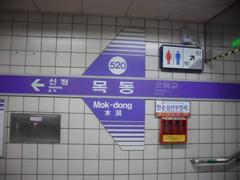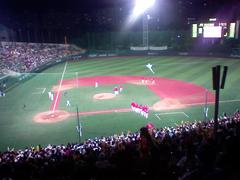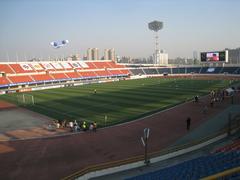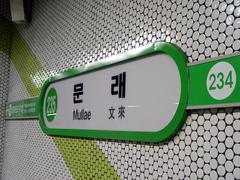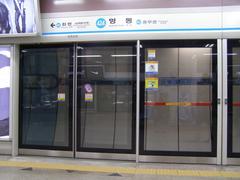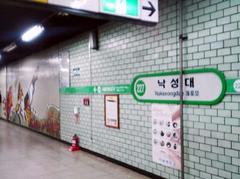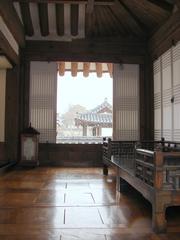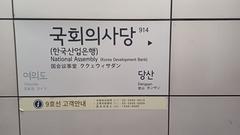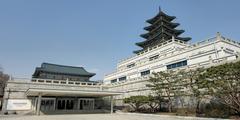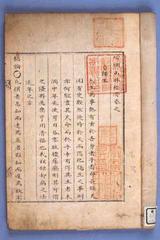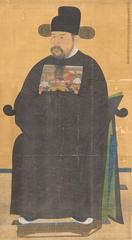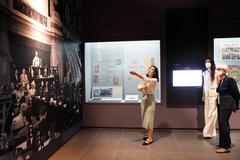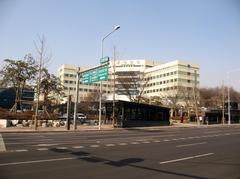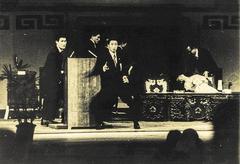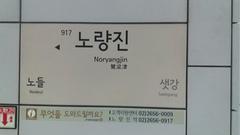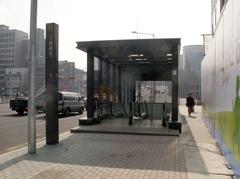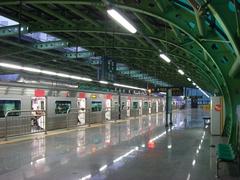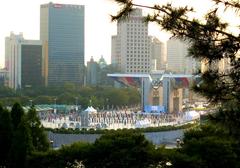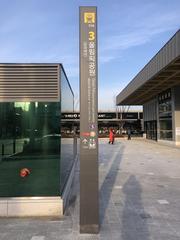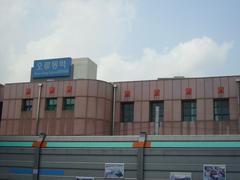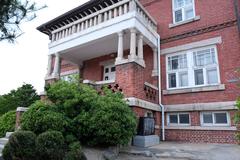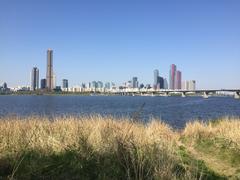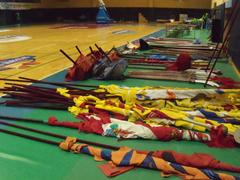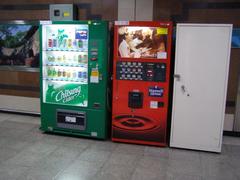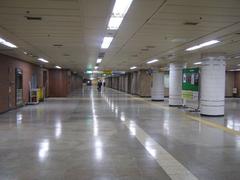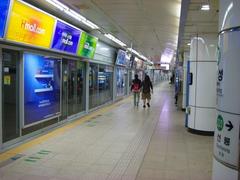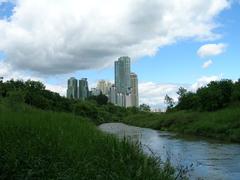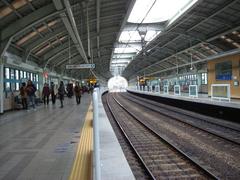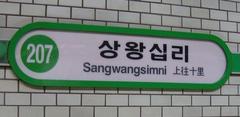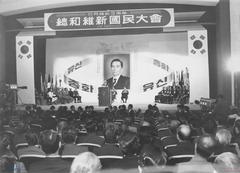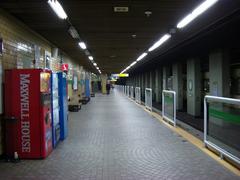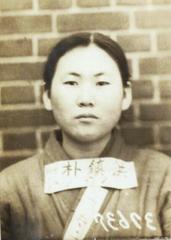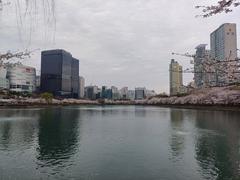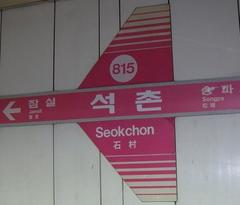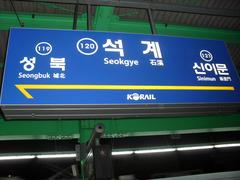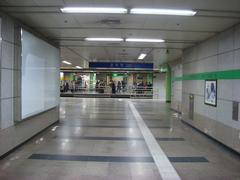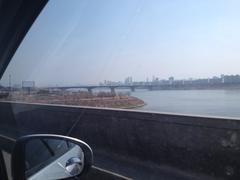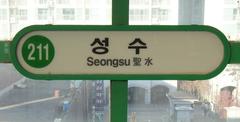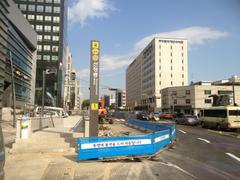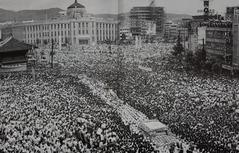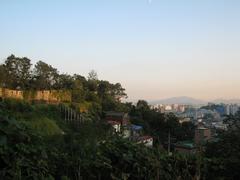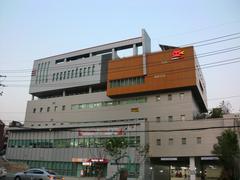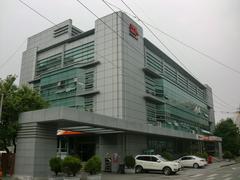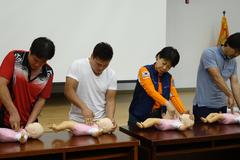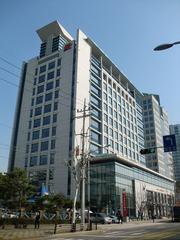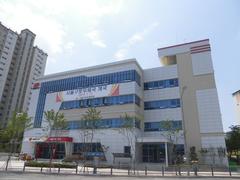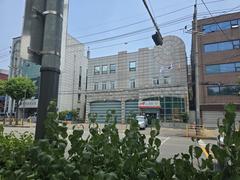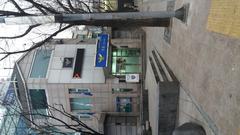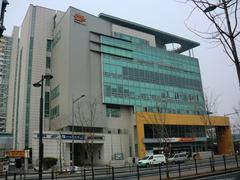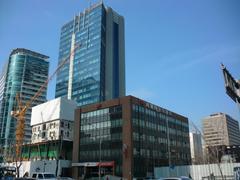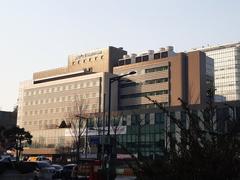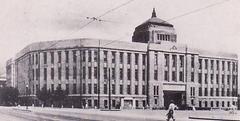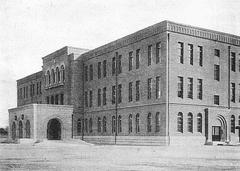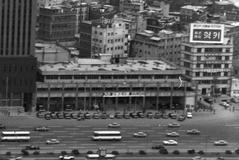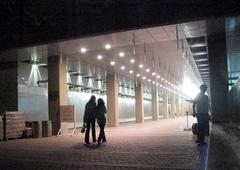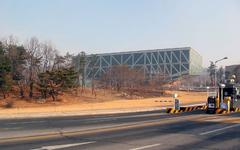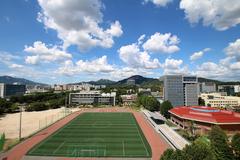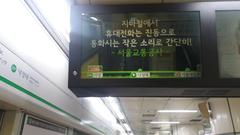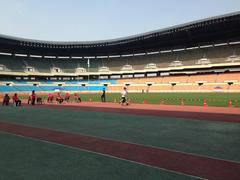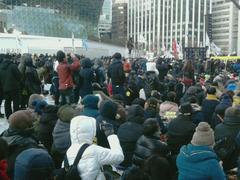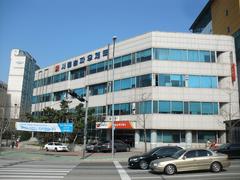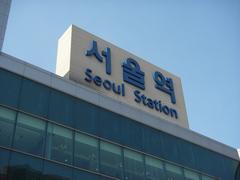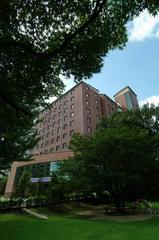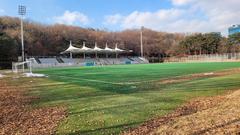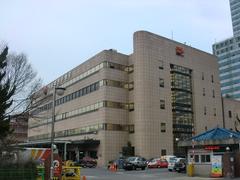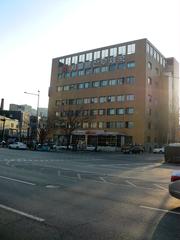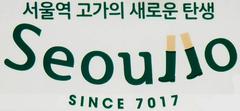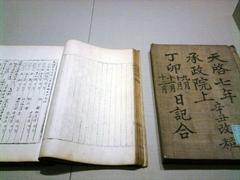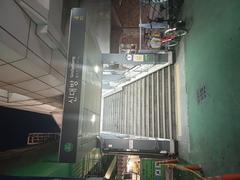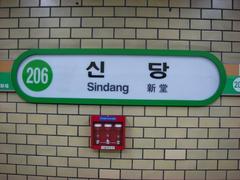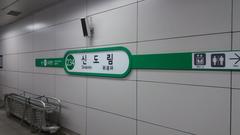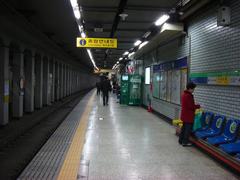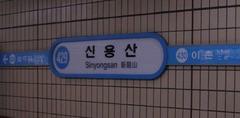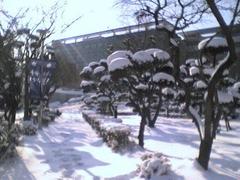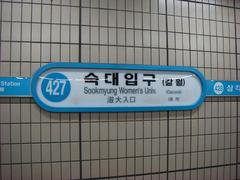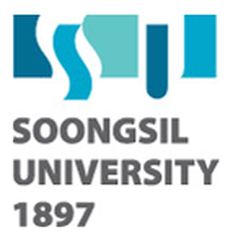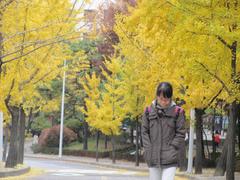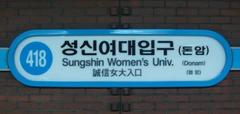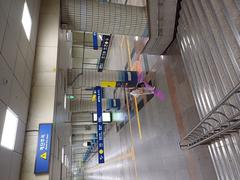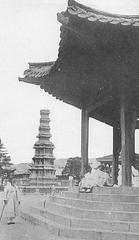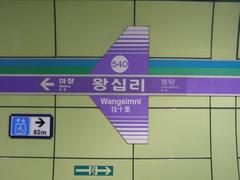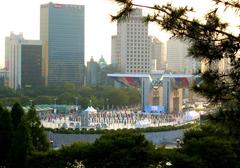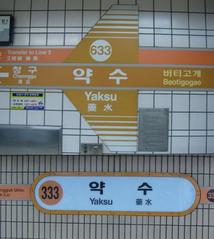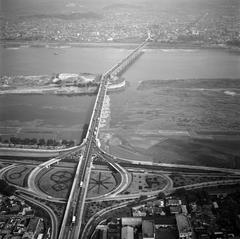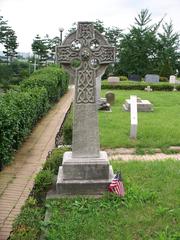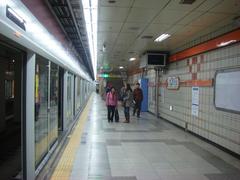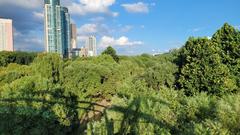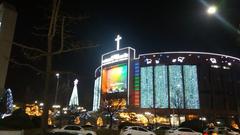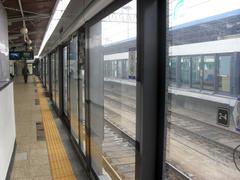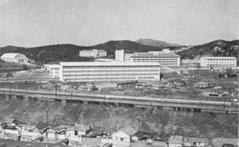Duksung Women’s University Visiting Hours, Tickets, and Seoul Historical Sites Guide
Date: 14/06/2025
Introduction
Duksung Women’s University, set in the vibrant metropolis of Seoul, South Korea, is a landmark of women’s empowerment, academic excellence, and cultural heritage. Founded in 1920 by Cha Mirisa—a visionary independence activist and educator—it is Korea’s first female school established by a woman, symbolizing a pivotal stride toward gender equality and modern education. The university’s evolution from its origins as Geunhwa Academy to a leading institution highlights its enduring contribution to Korea’s educational and social progress (Wikipedia; Edarabia). Visitors are welcomed to experience not only the academic atmosphere but also the campus’s serene natural setting at the foot of Mt. Bukhan National Park and its proximity to Seoul’s historical treasures such as Unhyeongung Palace. This guide delivers comprehensive visitor information, including visiting hours, ticketing, accessibility, campus highlights, and recommendations for nearby attractions (DSWU Official; Top Universities).
Contents
- Introduction
- Founding and Historical Evolution
- Women’s Empowerment and Social Change
- Visitor Information: Hours, Tickets, Accessibility
- Campus Features and Facilities
- Nearby Seoul Historical Sites
- Campus Events, Tours, and Photo Spots
- Practical Tips and FAQs
- Summary and Planning Resources
- References
Founding and Historical Evolution
Duksung Women’s University (덕성여자대학교, DSWU) is a testament to Korea’s modern educational history. Established in 1920 by Cha Mirisa after the March 1st Movement, its founding responded to the urgent need for women’s education during a period of colonial oppression. The institution began as Geunhwa Academy, named for the Korean national flower, but was renamed “Duksung” in 1938 due to colonial pressures to suppress Korean symbolism (Wikipedia).
In 1950, Duksung became a college, opening its doors at the historic Unhyeongung Palace site in central Seoul. The campus relocated in 1984 to its current site in Dobong District, adjacent to Mt. Bukhan National Park, and attained university status in 1987 (MSSU).
Women’s Empowerment and Social Change
Cha Mirisa’s founding philosophy—“Live, but live your own life. Think, but think for yourself. Learn, but learn your own lesson”—remains central to Duksung’s ethos (DSWU Official). In a time when women’s access to education was severely restricted, Duksung’s focus on early childhood education and the humanities broke barriers and established new standards in Korea.
Alumni of Duksung have greatly influenced Korean society, including prominent public servants and cultural figures (EduRank). The university continues its legacy with programs in natural sciences, social sciences, pharmacy, and the arts (Wikipedia).
Visitor Information: Hours, Tickets, Accessibility
Visiting Hours
- Ssangmun Main Campus: Open Monday–Friday, 8:00 AM–6:00 PM.
- Jongno Campus (near Unhyeongung Palace): Similar hours; check for special event access or university holidays.
Admission and Tours
- Entrance Fee: Campus grounds are free to visit; self-guided tours are welcome.
- Guided Tours: Arranged by appointment via the public relations or international office; special events and exhibitions may require tickets.
Accessibility
- Facilities: Wheelchair-accessible entrances, elevators, and restrooms in main buildings.
- Transport: The April 19th National Cemetery subway station (Ui-Sinseol Line) and Ssangmun Station (Line 4) provide convenient access.
Campus Features and Facilities
Academic and Administrative Buildings
- Libraries: Extensive collections and digital resources.
- Lecture Halls and Research Facilities: State-of-the-art spaces supporting diverse academic programs.
Arts, Sports, and Wellness
- Art Studios and Galleries: Dedicated to creative disciplines and exhibitions.
- Sports Facilities: Gymnasiums, fitness centers, and outdoor fields.
- Health Centers: On-campus medical and counseling services.
Green Spaces and Environment
- Tree-Lined Walkways and Gardens: Offer tranquility amid the city.
- Minju Dongsan and Vienna Forest: Popular sites for relaxation and student gatherings.
- Solbat Neighborhood Park: Across from the campus, this 34,955 m² green oasis features pine trails, part of the Bukhansan Dulle-gil hiking route.
Student Housing and Dining
- On-Campus Dormitories: Double and triple rooms, $1,000–$2,000 per semester.
- Dining: Multiple cafeterias and nearby restaurants serving Korean and international cuisine.
Nearby Seoul Historical Sites
- Unhyeongung Palace: Adjacent to the Jongno campus, offering insight into Joseon Dynasty history.
- Mt. Bukhan National Park: Directly accessible for hiking and nature exploration.
- April 19th National Cemetery: Commemorates the 1960 student uprising, near the campus.
- Traditional Palaces: Gyeongbokgung and Changdeokgung are easily reached from the downtown campus.
Campus Events, Tours, and Photo Spots
- Guided Tours: Available by reservation; highlight the history, founder’s legacy, and campus architecture.
- Cultural Events: Open campus days, festivals, and exhibitions—see the official events calendar.
- Photo Opportunities: The Cha Mirisa Memorial Hall, main gate, pine trails, and K-drama filming locations (notably the French Renaissance-style building featured in “Goblin” (Korea Etour)).
Practical Tips and FAQs
Best Seasons
- Spring: Cherry blossoms and mild weather.
- Autumn: Colorful foliage and comfortable temperatures.
Recommended Visit Duration
- 2–3 hours: Ample time for a campus stroll and nearby park or palace visit.
Dress Code and Etiquette
- Dress modestly and respect university schedules, especially during exams.
- Photography is generally permitted outdoors but ask before photographing individuals or inside buildings.
Accessibility
- Most campus areas are wheelchair accessible; some hilly terrain near Mt. Bukhan.
- Contact the university for assistance if needed.
Frequently Asked Questions
Q: What are the visiting hours?
A: 8:00 AM–6:00 PM, Monday–Friday (check for exceptions on holidays/special events).
Q: Is there an entrance fee?
A: No, campus grounds are free to visit.
Q: Are guided tours available?
A: Yes, by appointment or during open events.
Q: Is the campus accessible for visitors with disabilities?
A: Yes, with paved paths and accessible facilities.
Q: How do I reach the campus?
A: Use subway Line 4 (Ssangmun Station, Exit 2), city buses, or taxi.
Q: Can I visit K-drama filming locations?
A: Exteriors are accessible; interior access is restricted except for special events (TRST DLY).
Q: Are special events or cultural programs open to visitors?
A: Yes, see the official event page for schedules.
Summary and Planning Resources
Duksung Women’s University is more than an academic institution—it’s a living testament to women’s empowerment and Korea’s journey to modernity. Visitors enjoy free access to scenic campuses, historic buildings, and green spaces, with the added benefit of proximity to Seoul’s iconic historical sites. Whether your interests lie in cultural heritage, nature, or education, Duksung offers an enriching and memorable experience (Edarabia; Study Abroad Aide).
For the latest information on hours, tours, and events, consult the official Duksung Women’s University website. Enhance your visit with the Audiala app for guided audio tours, interactive maps, and updates on cultural events (Audiala App).
References
- Duksung Women’s University Wikipedia
- Edarabia University Overview
- MSSU Partner Universities
- Official Duksung Women’s University Website
- Top Universities Ranking
- Study Abroad Aide Information
- EduRank Alumni and Info
- Namu Wiki - Campus Facilities
- Korea Etour K-Drama Locations
- TRST DLY K-Drama Campuses
- Travel Stained - Seoul in June
